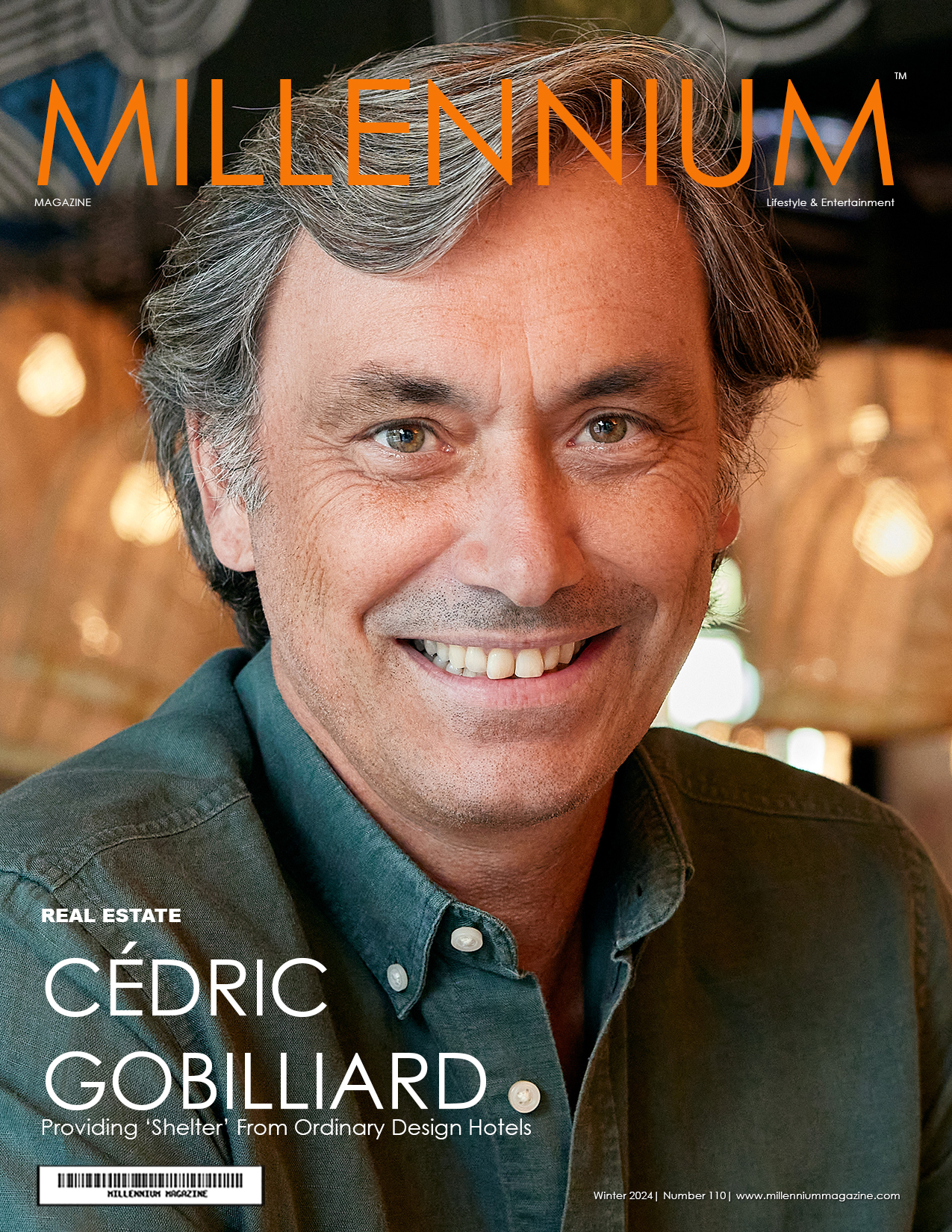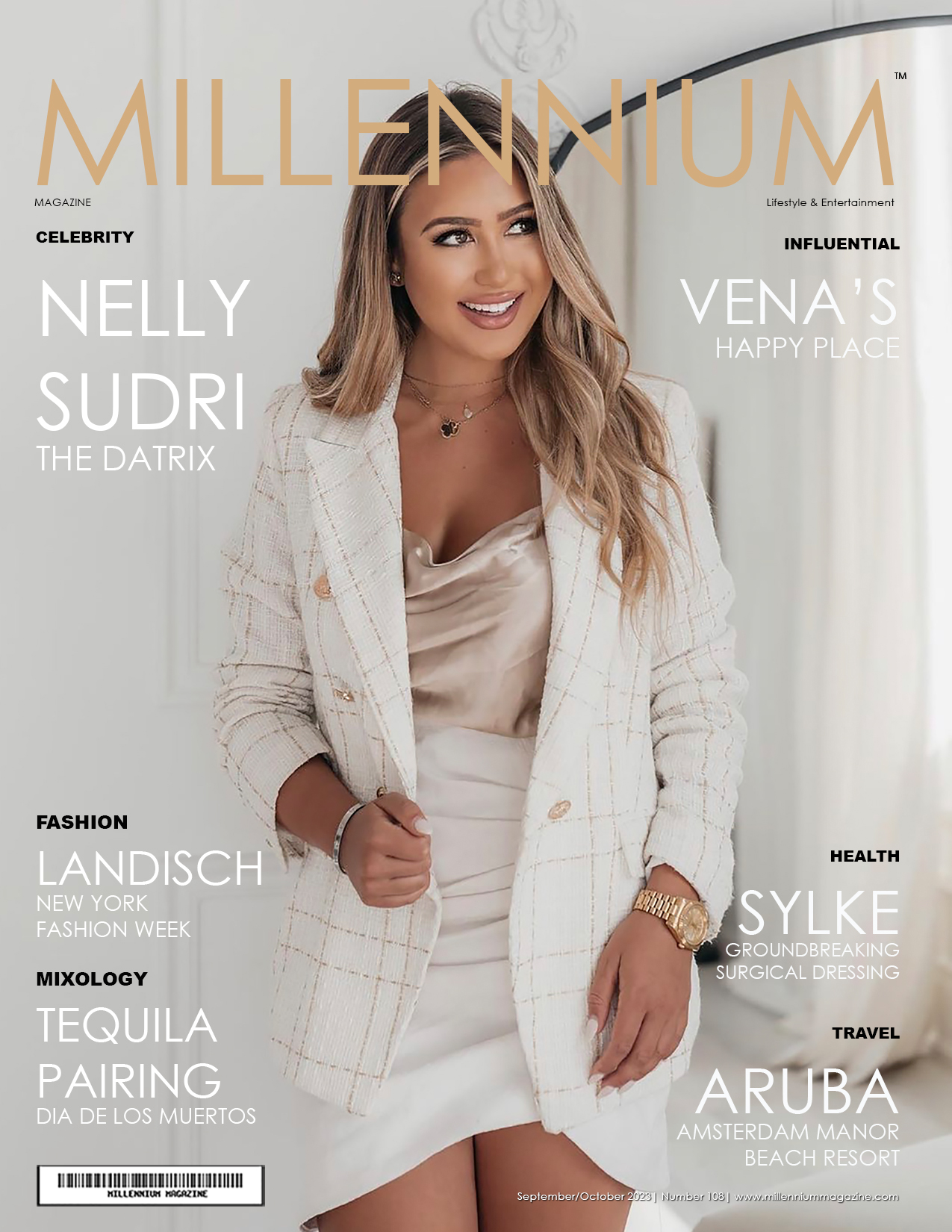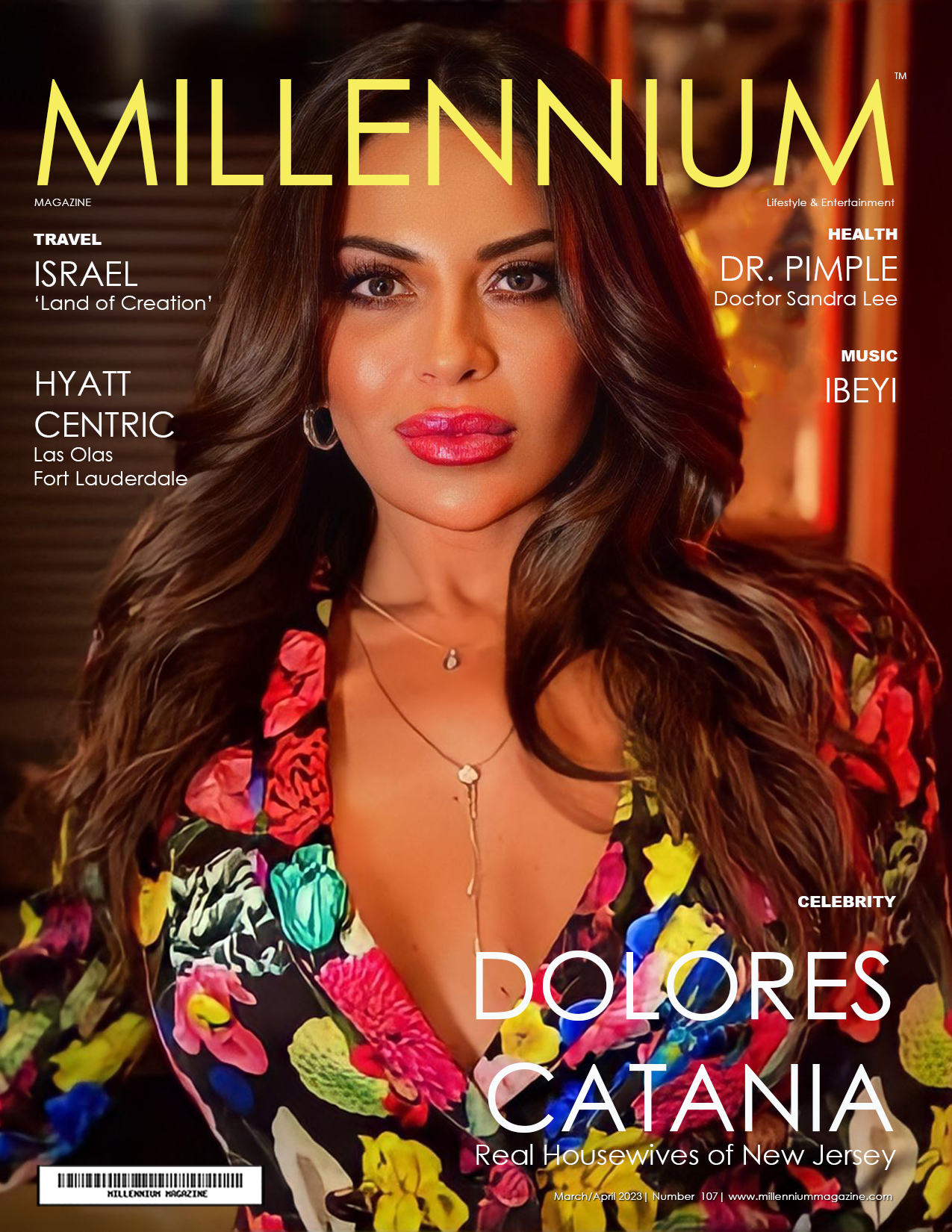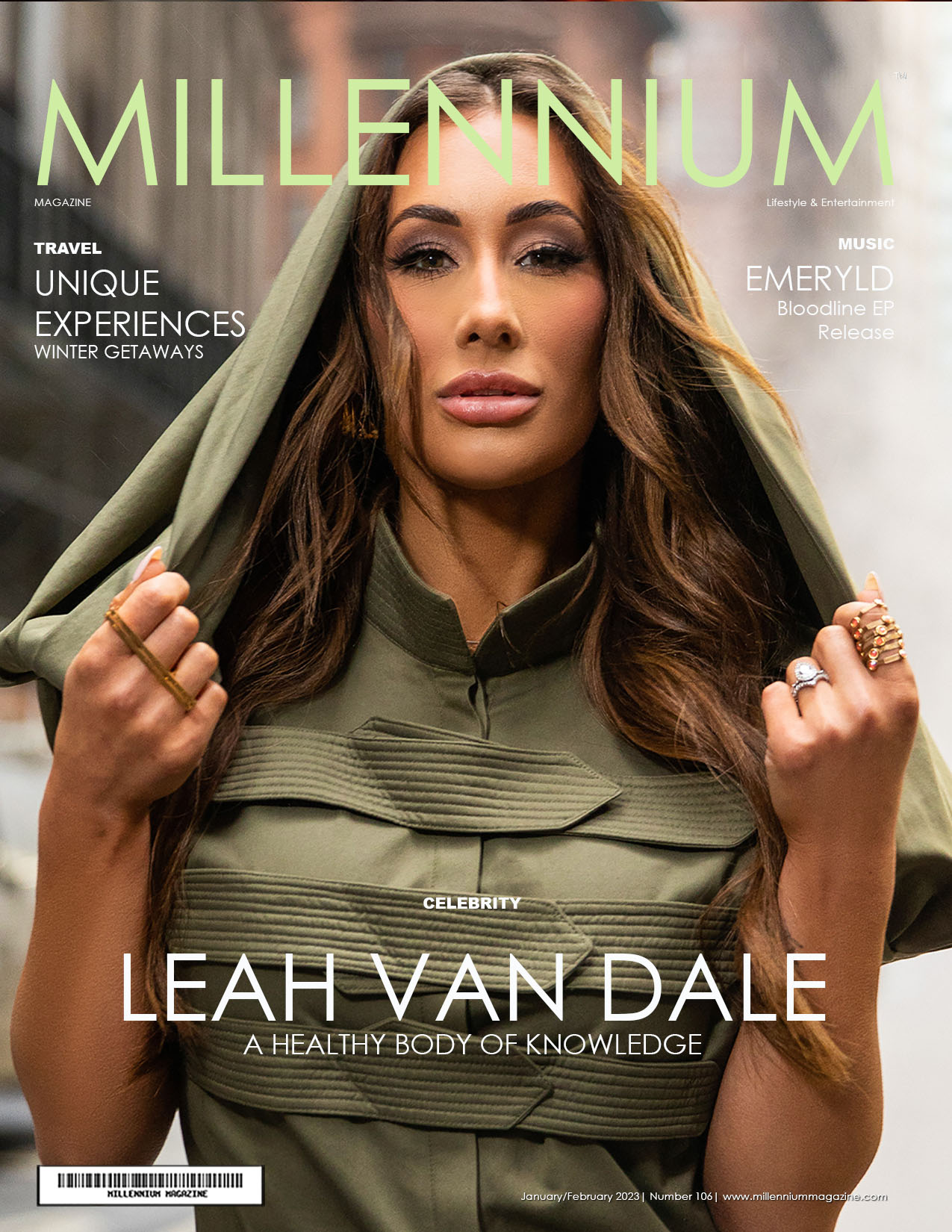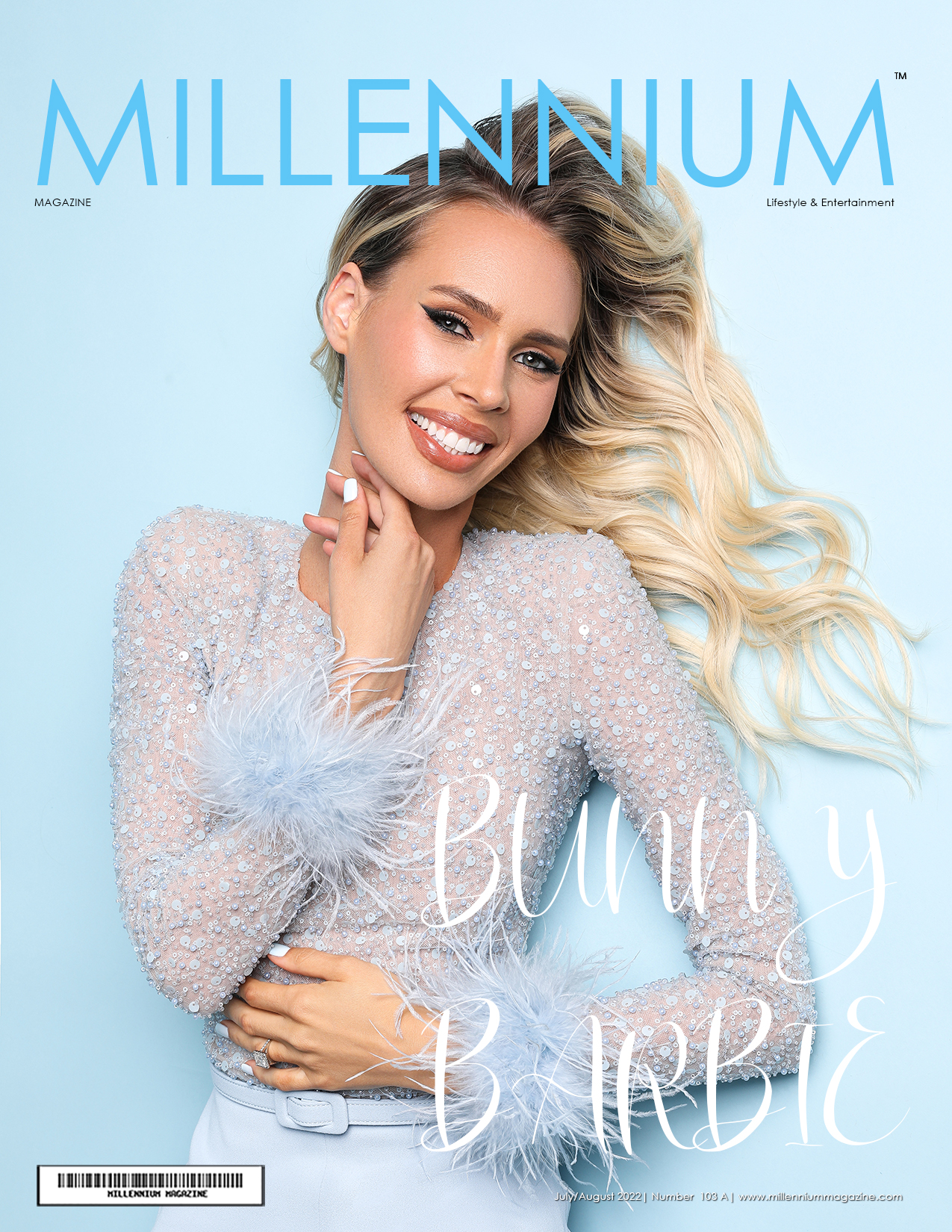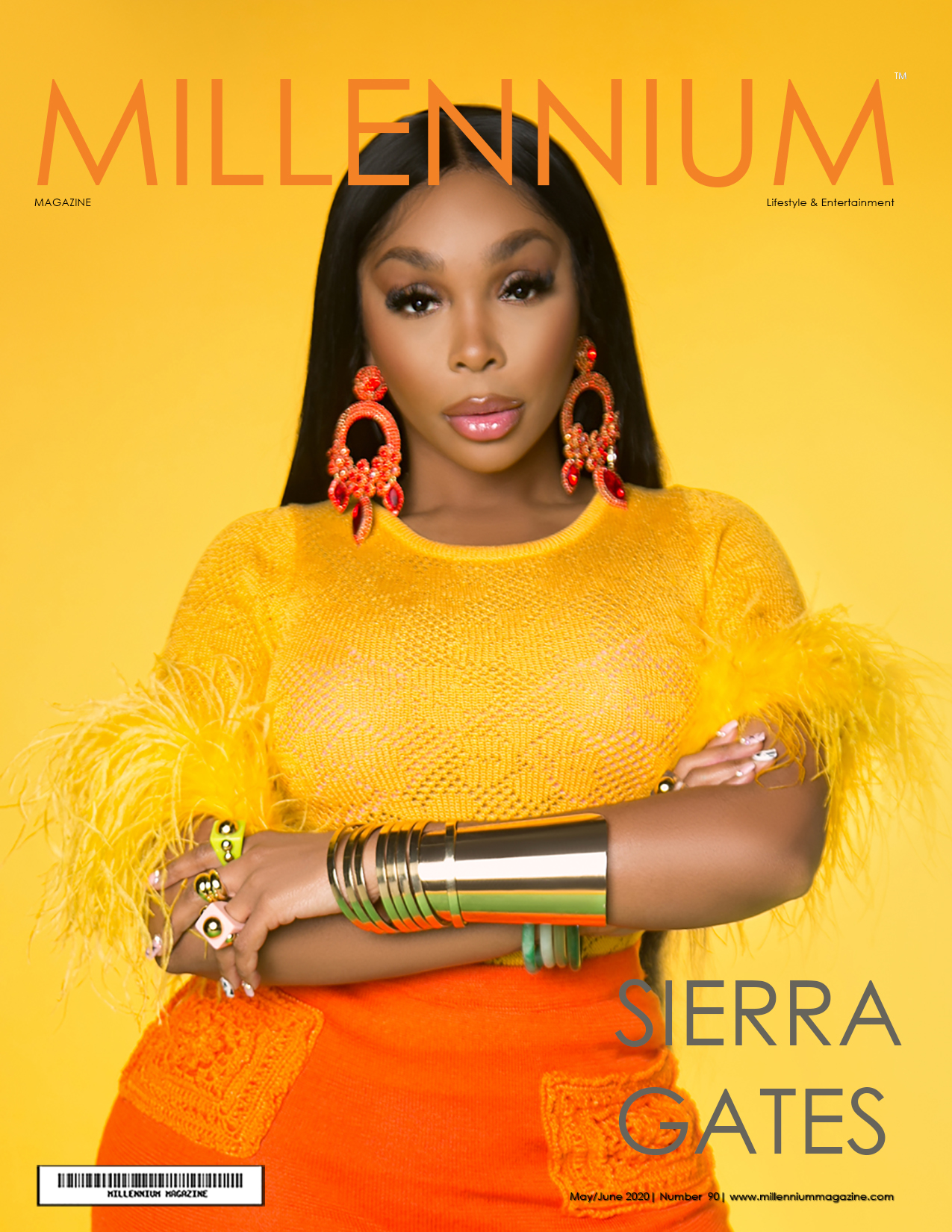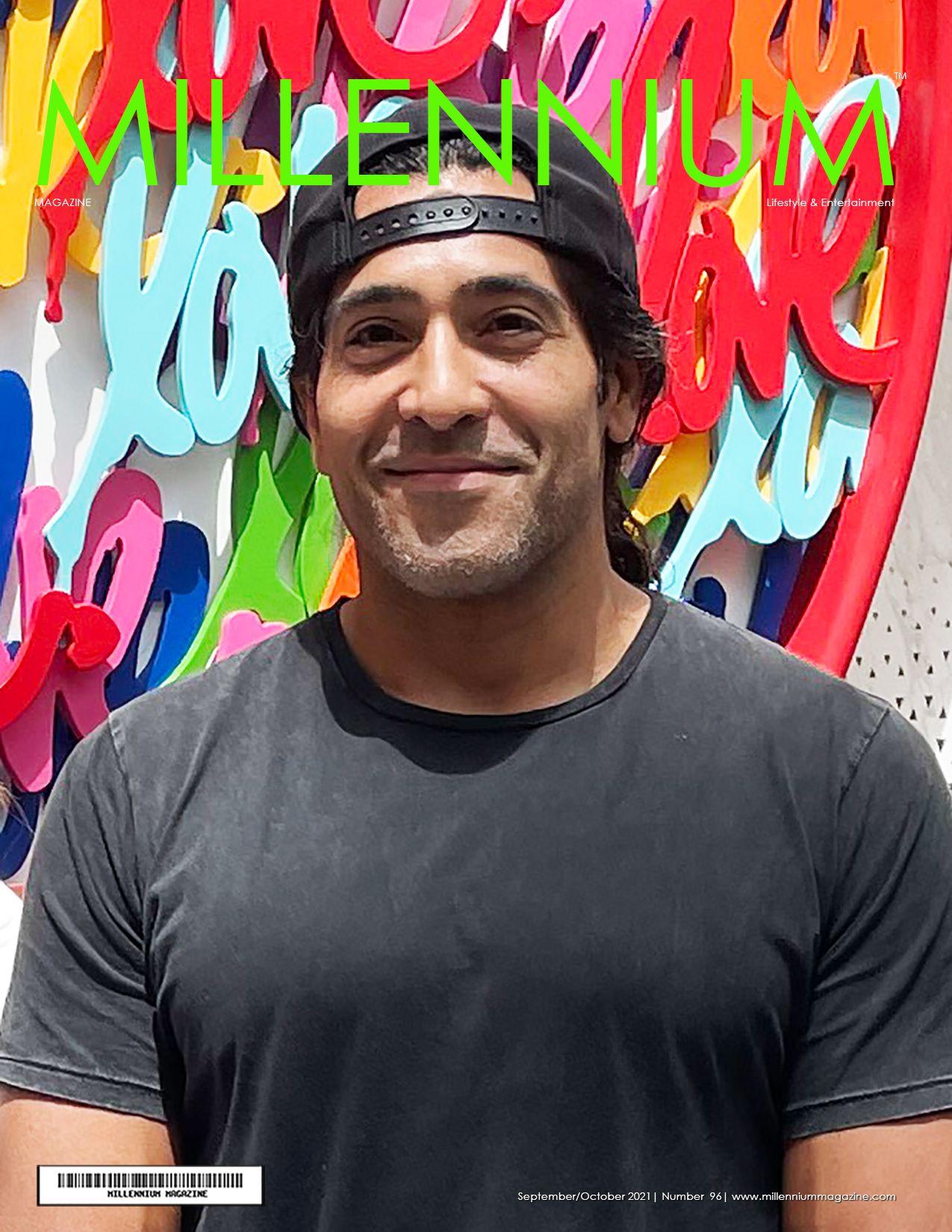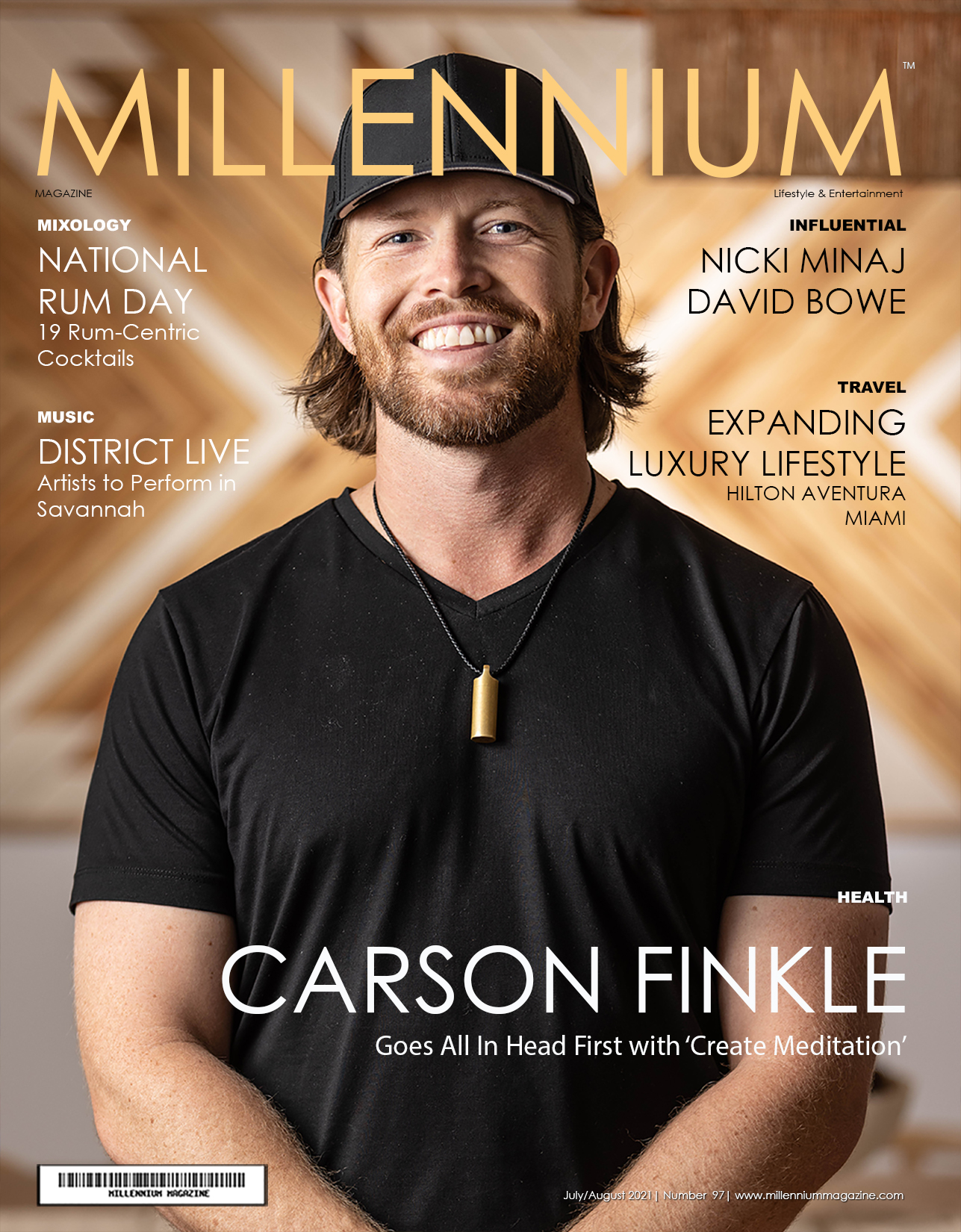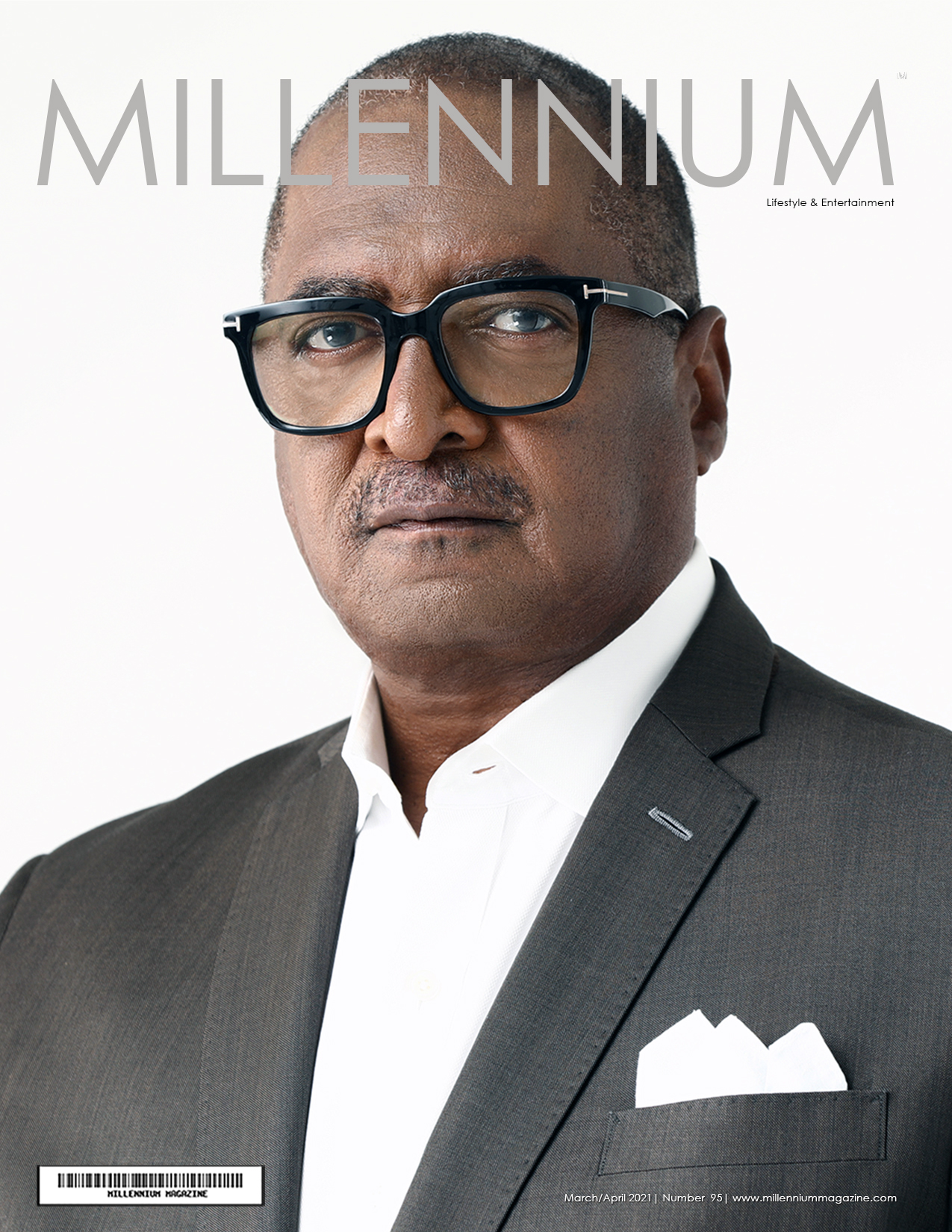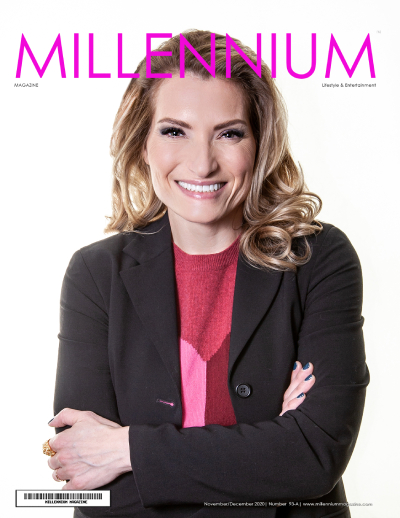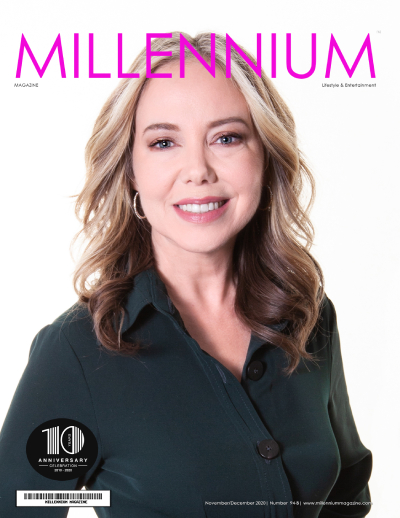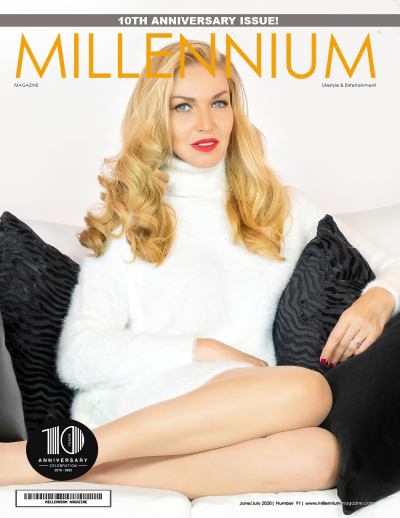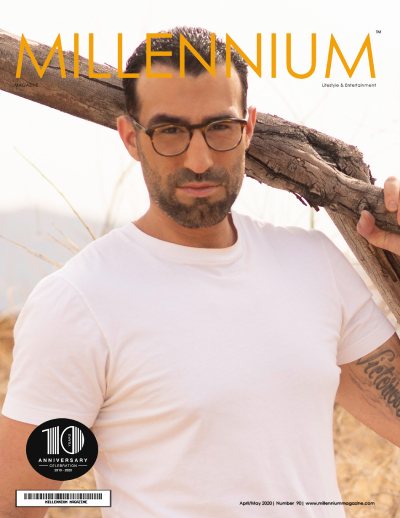 Activist and Industry Disruptor Speaks on Her Next Chapter
Activist and Industry Disruptor Speaks on Her Next Chapter
To say Meredith O’Connor is a force to be reckoned with is an understatement. The hit recording artist iconic for her impact in pop culture is a great example of how to successfully use a platform to make a difference in the world. She’s a role model for many, and uses her own past struggles to empower others. A vocal advocate for anti-bullying, O’Connor wants others to know “You Are Not Alone,” an aptly named title for her global music movement. O’Connor spoke with us about her multifaceted career, her work in the mental health space and goals for the future.
Elizabeth Hazard: I was really moved by your story and impressed with your work. Many people reach success and fame and have a platform, but don’t really use the power of their voice to make change in this world. You are quite the opposite. Can you share a little about your story with us and why anti-bullying is such an important cause that you stand behind?
Meredith O’Connor: That means so much, especially when thinking about how I first started to use fame to advance mental health advocacy and bullying prevention. When my first single broke out, it was not common for pop stars at that time to speak up on mental illness, bullying prevention, etc. I remember going through those issues in elementary and middle school while dealing with my own Neurodivergence and feeling isolated in my experiences. I remember wishing there were artists on TV or the radio that I could relate to during those times. Once I had a platform and became the one on the radio and TV, I remember feeling that it was a wildly unexpected opportunity to be the role model and representation that I wished I had during those really hard years. Since speaking about mental illness in the press or in songs was not (yet) frequently seen in pop music, it was not so easy to pitch an idea of a ballad about it to the music executives I was working with at that time. However, to the surprise of many, myself included, the response to the anti-bullying ballad “The Game” demonstrated how many people from so many different parts of the world related to these experiences that I once believed to be isolating.
 Why do you think it’s important for people who have a voice to use it? And what motivates you to keep working towards change?
Why do you think it’s important for people who have a voice to use it? And what motivates you to keep working towards change?
I have seen and participated in systemic change in both pop music, and school districts’ bullying prevention policies. My interactions with fans have shown me that the power of doing something that hasn’t been done before can collectively demonstrate universality in otherwise isolating experiences. I could not have imagined some of the messages and letters I would receive from fans, sharing how much of an impact the message had on them, and that realization, how beneficial and meaningful that type of a song was to listeners, made me realize several things. One, that these scary experiences may feel isolating, but are shared and overcome by so many people with inspirational stories. I also saw the effects that this advocacy had on fans, parents, and even in school systems through influencing new policy. I realized how important this advocacy has been in influencing these global responses, and seeing the music industry shift to adopt these messages has been a major gratification for me.
 You worked with The National Alliance on Mental Illness (NAMI) to launch the international campaign “You Are Not Alone”. What is the current status of this campaign, and what does its trajectory look like?
You worked with The National Alliance on Mental Illness (NAMI) to launch the international campaign “You Are Not Alone”. What is the current status of this campaign, and what does its trajectory look like?
We launched the campaign in 2021 when the song “You Are Not Alone” first came out. Since then, Universities and across the world have implemented a course that explored the mental health messaging behind the song. It was great because these schools would have their choirs perform the song for a video linked with other school choirs performing it. The campaign was recently recognized at the Shorty Impact Awards. I have since begun to collaborate and consult with these and other school districts on this programming, to help bring in mental health resources. I’m currently working with the NYC Department of Education on expanding the campaign to the city schools of New York.
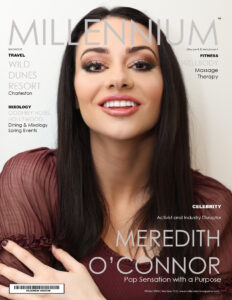 You worked with a list of other singer/songwriters on “You Are Not Alone.” Can you tell us why this collaboration is so important, and how these other talents came on board?
You worked with a list of other singer/songwriters on “You Are Not Alone.” Can you tell us why this collaboration is so important, and how these other talents came on board?
Working with some of the most accomplished people in the genres of Kpop, Afropop and more was an incredible experience, especially during COVID. Working with people from all over when we were dealing with literal/physical isolation was unique. Prior to that I came across a lot of artists who were also dealing with navigating fame who approached me wanting to also use their platform for a positive cause. Record label heads as well have expressed interest in anti-bullying messages and collaborations, and in doing these collaborations, the idea of bringing artists into a song came into my mind. At the same time, I wanted to recite what the public response to my advocacy has taught me, which was the sentiment that You Are Not Alone, something I never would have understood without the opportunities to meet so many fans on tour. I figured if I collaborated with artists on a song with that message, it would amplify the sentiment through uniting voices. One of the first artists to sign on was Mary Wilson of The Supremes. Her legacy will continue to be iconic, and her dedication to mental health advocacy was so genuine. Once COVID hit, we had to make this collaboration remote if it was going to happen. That was when I felt like focusing this project on a collaboration with artists from different global genres would best illustrate the message in the anthem. When artists like Minzy, Reekado Banks, Di Ferrero and more joined, the news of this song began to make headlines in India, Argentina, South Korea and more. The topic of mental health reached communities in different ways due to the participation of the celebrities from there.
 You’re a celebrity advocate for the United Nations Project 50/50. Can you speak to this initiative a little bit?
You’re a celebrity advocate for the United Nations Project 50/50. Can you speak to this initiative a little bit?
Working with those involved in that initiative / learning about their Sustainable Development Goals was incredible. After speaking at the GA hall the first time, I was in awe at how universal some of the themes in my advocacy are. When working with those involved in Project 50/50, I was thrilled to discuss how mental health would be included in their sustainable development goals.
 Meredith O’Connor receives The Millennium Award for efforts as an Anti-Bully Activist from Millennium Magazine Brand Ambassador Portia Backus.
Meredith O’Connor receives The Millennium Award for efforts as an Anti-Bully Activist from Millennium Magazine Brand Ambassador Portia Backus.
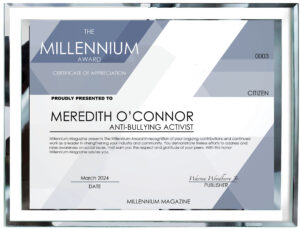 Obviously music has played a big part in your life and career. Are you working on any new music? What can we expect in the future music-wise following anticipation and rumors of a comeback?
Obviously music has played a big part in your life and career. Are you working on any new music? What can we expect in the future music-wise following anticipation and rumors of a comeback?
I recently spoke at the Grammy Museum Panel with my collaborator, Jennifer Frommer, and I can confirm my involvement in an untitled project as a producer but do not have any updates to address the speculation or rumors about a music comeback (yet).

Meredith O’Connor gives a talk at a Tedx event.
Speaking of music, would you say that music helped in your own healing? And what do you think of the power of music to heal and inspire us?
Music was the foundation of how opportunities later came into my life, and the first source of self confidence in my early childhood. I started participating in community theater as a child and that was the first time I felt self-efficacy towards my abilities to excel. Being a Neurodivergent with ADHD, I did not understand these capabilities in the more traditional academic environment. So, having opportunities to perform in off-broadway shows growing up was fundamental to forming my goals later on in life. The ability to then share what were once painful experiences, and transform them into something that empowered others, was what made me realize that this industry can continue to be a force of positive change.
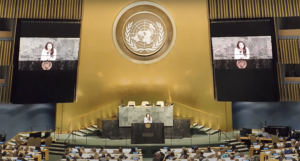 Meredith O’Connor delivering a speech at the United Nations.
Meredith O’Connor delivering a speech at the United Nations.
What is one thing you wish you’d known as a teenager that you know now? What would you tell your younger self today?
I would have told myself to always remember that if you’re lucky enough to be different, don’t ever change.
 Meredith O’Connor performing in concert.
Meredith O’Connor performing in concert.
You are a singer/songwriter, activist and businesswoman. What motivates you the most and inspires you to do what you do?
The inspiration for my activism first came from my hope for my listeners to feel empowered in case they could relate to the message in that first anthem, and quickly became fueled by their passion and tear- inducing responses relating to these songs. I have been and always will be motivated by the ability for mental health advocacy to change and save lives. The shifts in the music industry and pop culture as a result, to this day motivates me, and I hope to create the change that I wish I had growing up for Neurodivergents and those alike.
 Let’s say you had a rare day off. How would you spend your day? What are your hobbies? Any favorite places you like to go when you’re not working?
Let’s say you had a rare day off. How would you spend your day? What are your hobbies? Any favorite places you like to go when you’re not working?
I love surfing, skiing, movies and quiet nights in cooking new recipes for those I love. Or anything involving spending time with animals, like hiking with my dog Teddy.
 I ask everyone this question. If you could envision your life five years from now, what would you see for yourself and your future?
I ask everyone this question. If you could envision your life five years from now, what would you see for yourself and your future?
I’m excited to announce the launch of a mental health center in Manhattan that offers resources to schools as well as individual therapy. It will provide programming for the NYC Department of Education. The center will accept insurance to allow for affordable care to families of different income brackets. It is my hope for the center to expand its work with school districts to implement programs that empower students to seek out the help they need. I hope to continue to use my platform, through advocacy, and also to impact policy in our public education system, to ensure that young populations have knowledge, and access to the mental health resources that they need.
Credits: Senior Writer: Elizabeth Hazard; Brand Ambassador: Portia Backus; Makeup Artist Anna Swiderska; Photographer: Crios Valentino; Logistics: Lisa Termini.



